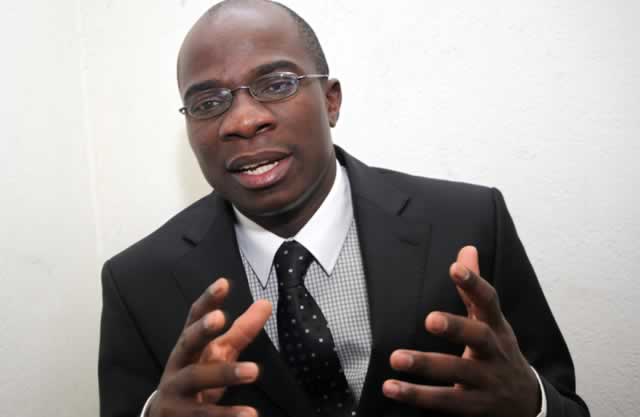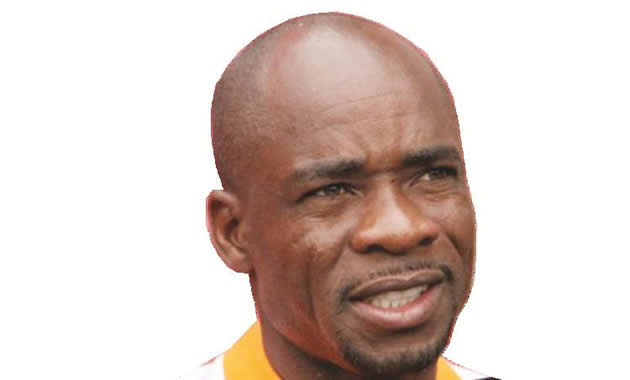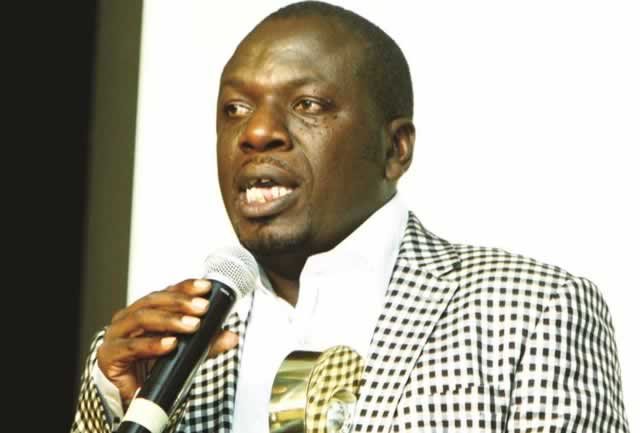Free sports facilities for national teams

Ellina Mhlanga Harare Bureau
NATIONAL sports associations may soon stop paying for sporting facilities owned by the government.
Sport and Recreation Minister, Makhosini Hlongwane, yesterday said he will be meeting with his colleague from the Ministry of Local Government, Public Works and National Housing to conclude negotiations over the issue of national teams accessing sports facilities.
Hlongwane was speaking during his meetings with the Basketball Union of Zimbabwe, National Athletics Association of Zimbabwe and the Zimbabwe National Paralympic Committee yesterday at the City Sports Centre and the National Sports Stadium.
The associations were led by their presidents with Addison Chiware leading the BUZ team while Tendai Tagara led his team from athletics and Michael Bulangango led the ZNPC executive.
Most national associations are crying foul over the difficulties they face in accessing sports facilities, including the payments they fork out, as most of the facilities are owned by local authorities.
NAAZ president Tagara raised the issue yesterday during their meeting with Hlongwane saying their athletes have to pay $75 for a two-hour training at the National Sports Stadium which is not sustainable.
However, responding to the NAAZ president, Hlongwane said they have already agreed with the Ministry of Local Government, Public Works and National Housing for national teams to freely access sports facilities owned by the government or at least pay a reasonable fee.
“In October (last year) I had a meeting with Minister Saviour Kasukuwere and we agreed that for our national teams, when they’re training using our facilities as government, some of them we should actually give them for free and some of them should be given for completely knocked down prizes.
“First, in our view we think that national teams should have access to government facilities for training when they’re readying themselves for competition to go outside or within Zimbabwe, that’s for free, that’s our view.
“And I’ve had that conversation with the Minister of Local Government, Honourable Minister Kasukuwere, he is in agreement.
“We’ve referred that matter to our officials, both at my ministry and his to concretise those matters and bring that matter to us to sign some of kind of an MoU between our two ministries.
“I was alarmed to hear today that the National Athletics Association of Zimbabwe pay $75 for every two hours for the national athletes to train to prepare for regional competition, national competitions as well as Olympic competitions.
“I think that isn’t sustainable, it’s not tenable. So I’m going to intervene immediately, tomorrow morning (today) with my colleague to say that we must quicken the process of the discussions that are currently underway between our officials at the two ministries so that we bring that matter to closure as a matter of urgency,” said Hlongwane.
He said the government has a role to play in the promotion of sport and will ensure that sports associations get support, be it financial or otherwise, as most associations continue to cry foul over lack of funds.
Responding to the issue of equipment used at the African Union Sports Council Region Five Games in 2014 in Bulawayo, Hlongwane said they have agreed that the Bulawayo City Council will work in conjunction with the respective associations as far as maintenance is concerned.
“The issue about the equipment in Bulawayo is really the issue of the legacy project that was put in place to say after the Games how do you continue on a sustainable trajectory as far as the use of the equipment and fixed asserts is concerned.
“We’ve agreed together with stakeholders that the equipment, as well as the asserts, remain in Bulawayo for the benefit of the Bulawayo sporting community, which we think is very key as far as legacy promotion is concerned because the people in Bulawayo, those that have used the equipment, should be able to look after that equipment.
“But we think that Bulawayo City Council will necessarily work in conjunction with the national sport associations of the respective sport codes as far as the maintenance and use of that equipment is concerned.
“And one of the things that we’ve decided that we’re going to do is to say for each sport code we’re going to be handing over those facilities.
“It’s a process that will take quite some time but it’s a process that’s going to begin in the immediate future,” said Hlongwane.
Hlongwane commended the ZNPC for their good work in promoting sport for people living with disabilities and said the Paralympic movement is an important part of sports movement.
“As far as government is concerned the Paralympic movement is an important part of the sports movement.
“And we’ve developed a focal area on equity and inclusion, we deal with issues of access that you’re talking about, we deal with issues of inclusion, bring to the centre those that have been segregated on before.
“The participation of differently abled people is a key facet of our sport development policy and I want you to know that we take this very seriously, that’s why I came,” said Hlongwane.












Comments